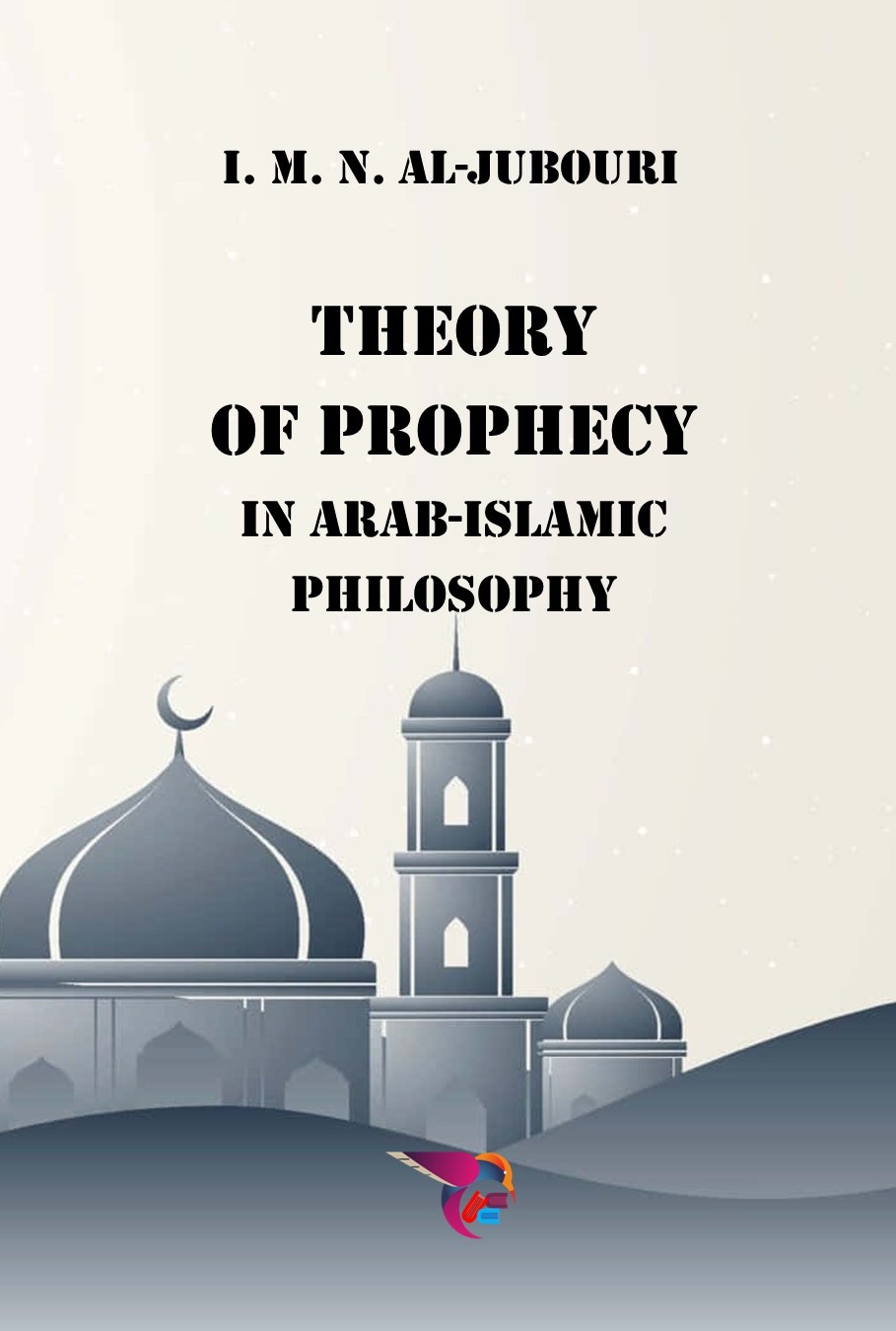
Theory of Prophecy In Arab-Islamic Philosophy
The idea of this book goes back to an article in Arabic that I published in 2014, and later branched out in it within a brief study that I published in the form of episodes in the Independent Arabic newspaper in 2019, and through my writings in English, I liked on this subject to present to the British reader in particular, and the West in general, a broader and more comprehensive book with study and scrutiny. However, I must point out that the beginning of my knowledge of the theory of prophecy dates back about five decades when I read the philosophy of Alfarabi, and I have dealt with it in more than one book as a paragraph within the structure of Alfarabi thought, as well as among some Muslim philosophers, but among the most important reasons, which were and still are, motivate me strongly to pay attention to the theory of prophecy, as it is the first purely Arab-Islamic philosophical theory in the histories of all philosophies, in the East as well as in the West.
Although the theory of prophecy began at the beginning of the development of the philosophical thought of the Arab-Islamic civilization, as the foundation stone was laid by the sheikhs of the Mutazilites through their lessons and debates, and then crystallized more with the opinions and ideas of great Muslim philosophers from Alkindi and Alfarabi to Averroes and Ibn Khaldun, passing through Avicenna, Alma’arri and Algazel, while preserving the advantage of Alfarabi when rationally confronting the atheistic current, which spread in the third Hijri century, and its most important poles were Ibn al-Rawandi and Mohammed al-Razi.
In the era of the Arab Renaissance (1798-1939), and the need to pay attention to the glorious past in order to build again, Jamalaldin al-Afghani has revived the theory of prophecy, as well as those influenced by Mohammed Abduh and Rashid Rida, and within this context the Neo-Mutazilites appeared, and the Salafism rejected them, to continue the dispute from its past to its present, the traditional religious position provides the reported text on the reason and gives the reason a secondary role, while the philosophical position gives the reason a primary role towards the tradition texts.

